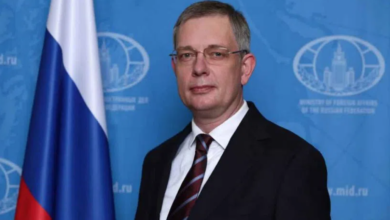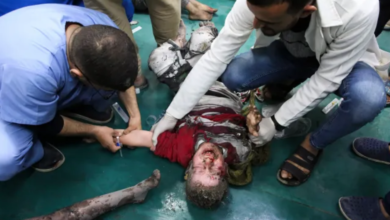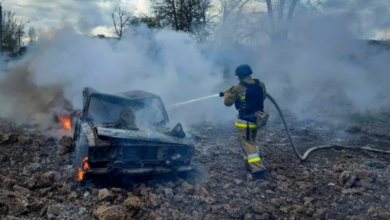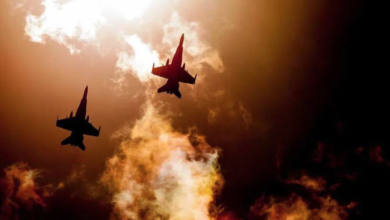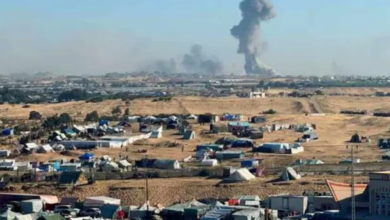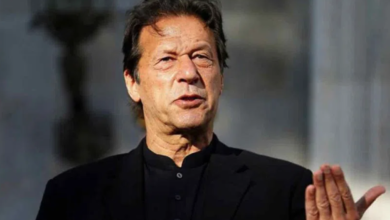Putin’s army chief handed ‘poisoned chalice’ amid Russian power tussle
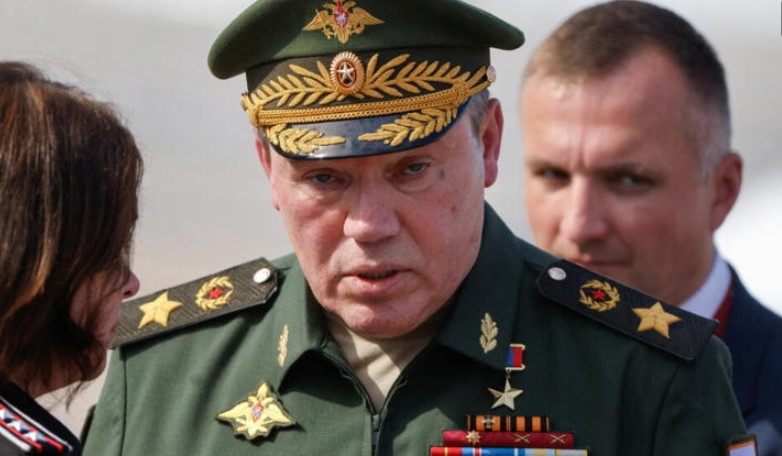
President Vladimir Putin has put his top military officer Valery Gerasimov in charge of Russia’s stalled invasion of Ukraine, in the latest reshuffle since the start of the war. The chief of the general staff will be expected to bolster the army’s sagging war effort while contending with the Wagner Group’s growing influence – a tall order that has led some analysts to suspect he was set up to fail.
Just three months after he last reshuffled the deck, Putin has picked another commander to lead Russia’s troubled campaign in Ukraine, reflecting the Kremlin’s dissatisfaction with the course of the so-called “special military operation” launched on February 24.
This time Putin has tapped his most senior officer Valery Gerasimov, his chief of the general staff for the past decade, demoting his predecessor Sergei Surovikin after just 95 days in the job.
The reshuffle means it is now up to “the third most important figure in Russia’s military hierarchy – after Putin and Defence Minister Sergei Shoigu – to rectify the situation in Ukraine”, says Jeff Hawn, a specialist on the Russian military and consultant for the American geopolitical research centre New Lines Institute.
More moderate than ‘General Armageddon’
Gerasimov, 67, is not only the highest-ranking officer in the army; he is also a very different type of commander from Surovikin, who was dubbed “General Armageddon” for his reputed ruthlessness.
The longest-serving chief of the General Staff since Soviet times, Gerasimov can boast of a solid CV with past successes in Chechnya and Crimea. “He is also seen as a moderating influence on the course of the war and someone Washington can work with,” says Hawn.
“He is no ‘General Armageddon’ like Surovikin, for sure, but it’s not clear how much of an impact he can have on the course of the war,” cautions Stephen Hall, a Russia specialist at the University of Bath. Indeed, “even if he wanted to overhaul the Russian army’s modus operandi, he would have neither the equipment, nor the means, nor indeed the manpower to do so”, adds Hawn.
From a strictly military point of view, the reshuffle is “Confirmation, if we needed it, that there will be serious offensives coming, and that even Putin recognises that poor coordination has been an issue,” Russia security analyst Mark Galeotti wrote on Twitter.

